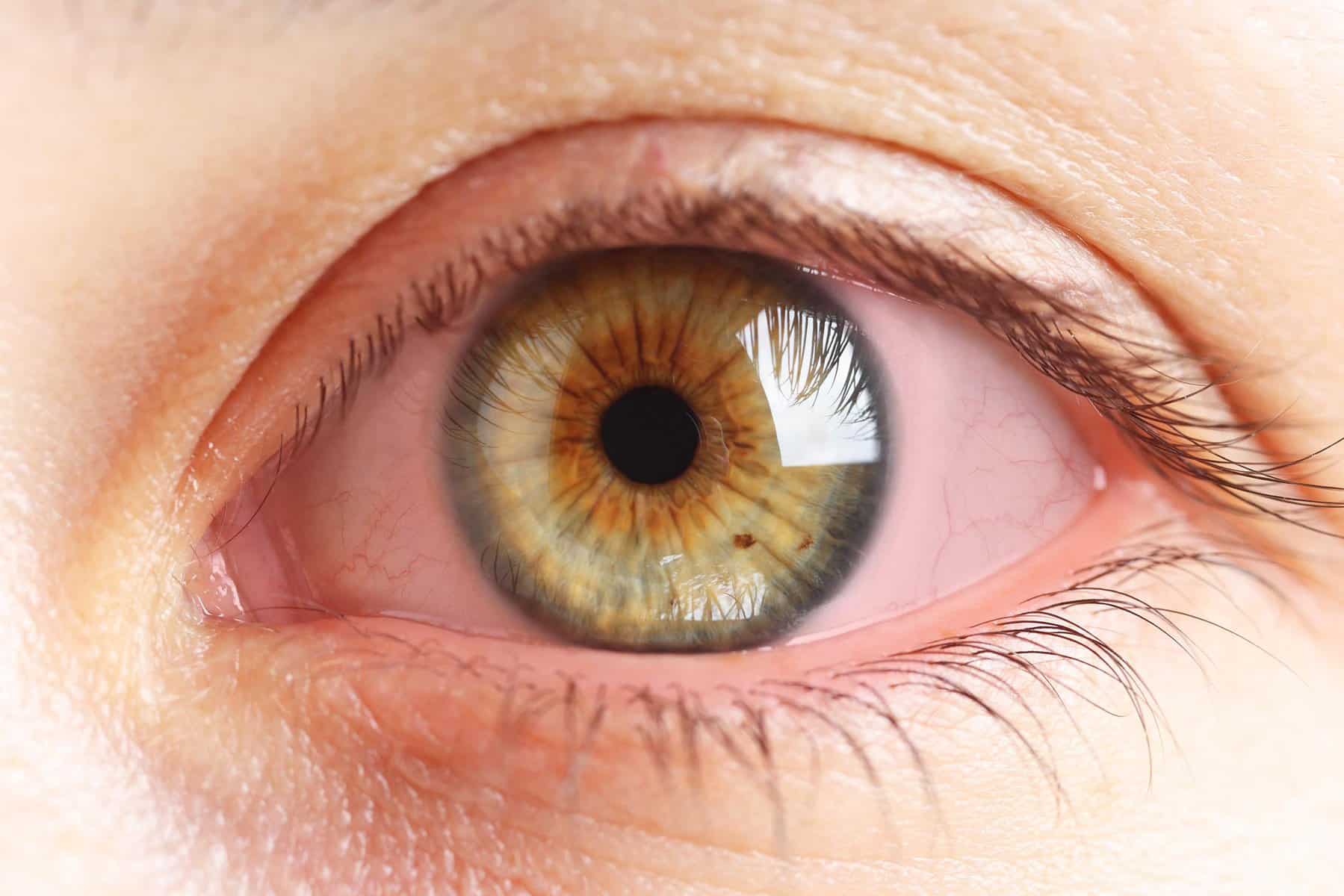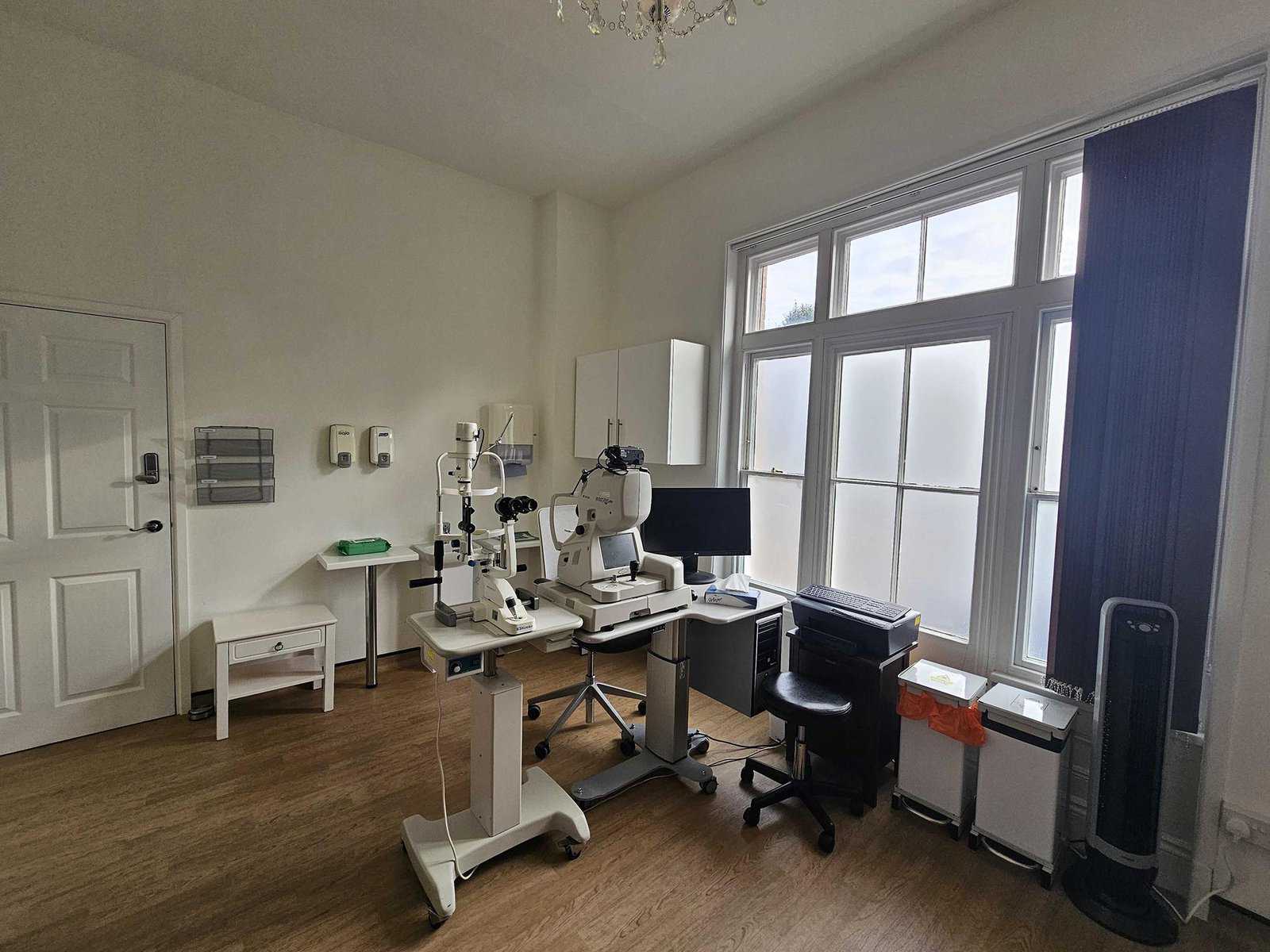Allergic Conjunctivitis
Relieve your eye discomfort with expert treatment for allergic conjunctivitis at The Forbury Clinic. Submit an enquiry for a consultation and explore our specialised care options.

Overview
Allergic conjunctivitis is a common eye condition caused by an allergic reaction, leading to red, itchy, and watery eyes. It can significantly affect daily activities and overall quality of life. Addressing and treating this condition promptly is essential to alleviate symptoms and prevent complications. At The Forbury Clinic, we specialise in diagnosing and managing allergic conjunctivitis with personalised care and advanced treatment options. Contact us today to learn more and schedule a consultation.


What is Allergic Conjunctivitis?
Allergic conjunctivitis is an inflammation of the conjunctiva, the thin layer of tissue covering the white part of the eye and the inside of the eyelids. This condition occurs when the eyes react to allergens such as pollen, dust mites, pet dander, or mold. There are two main types of allergic conjunctivitis: seasonal allergic conjunctivitis (SAC), which occurs at certain times of the year, and perennial allergic conjunctivitis (PAC), which occurs year-round. Common symptoms include redness, itching, tearing, swelling of the eyelids, and a burning sensation in the eyes.
Causes and Risk Factors
Causes
Allergic conjunctivitis is triggered by exposure to allergens that provoke an immune response. Common causes include:
Pollen:
From trees, grass, and weeds, often causing seasonal symptoms.
Dust Mites:
Tiny organisms found in household dust.
Pet Dander:
Proteins found in the skin flakes, saliva, and urine of pets.
Mold Spores:
Fungi that thrive in damp environments.
Airborne Irritants:
Such as smoke, perfume, and chemical fumes.
Risk Factors
Family History:
A family history of allergies or asthma.
Environmental Exposure:
Living in areas with high pollen counts or pollution.
Existing Allergies:
Having other allergic conditions like hay fever or eczema.
Age:
More common in children and young adults.
Contact Lens Use:
Increased risk due to irritation and allergen exposure.
Understanding these causes and risk factors helps in the early diagnosis and effective management of allergic conjunctivitis, improving patient outcomes.
Diagnosis
Diagnosing allergic conjunctivitis involves a thorough evaluation at The Forbury Clinic. The diagnostic process includes:
- Initial Consultation: Discussing symptoms, medical history, and potential allergen exposure with a specialist.
- Physical Examination: Assessing the eyes for signs of inflammation, redness, and discharge.
- Allergy Testing: Conducting skin or blood tests to identify specific allergens.
- Conjunctival Scraping: Collecting cells from the conjunctiva for microscopic examination.
- Tear Film Analysis: Evaluating the composition of the tear film to detect allergic markers.
These steps ensure a comprehensive diagnosis, aiding in the development of an effective treatment plan.

Treatment Options
Based on the diagnosis, various treatment options for allergic conjunctivitis may be considered:
- Non-Surgical Options
- Medical Treatments
- Innovative Treatments
Avoidance of Allergens:
Identifying and minimising exposure to known allergens.
Cold Compresses:
Applying cold compresses to reduce swelling and discomfort.
Artificial Tears:
Using lubricating eye drops to flush out allergens and soothe the eyes.
Antihistamine Eye Drops:
Reducing allergic reactions and relieving symptoms.
Mast Cell Stabilisers:
Preventing the release of histamine and other chemicals that cause inflammation.
Non-Steroidal Anti-Inflammatory Drugs (NSAIDs):
Reducing inflammation and pain.
Corticosteroid Eye Drops:
Prescribed for severe cases to quickly reduce inflammation.
Immunotherapy:
Gradually exposing patients to increasing amounts of allergens to build tolerance.
Advanced Allergy Testing:
Utilising the latest technology to accurately identify allergens and tailor treatments.
At The Forbury Clinic, our multidisciplinary team ensures that each patient receives the most appropriate and effective treatment, tailored to their specific needs and health goals.
Managing Allergic Conjunctivitis
Managing allergic conjunctivitis involves a combination of medical treatments and lifestyle adjustments to control symptoms and improve overall quality of life. At The Forbury Clinic, we provide comprehensive care and guidance to help manage this condition:
Allergen Avoidance:
Educating patients on how to avoid common allergens.
Proper Eyelid Hygiene:
Encouraging regular cleaning of the eyelids to remove allergens.
Use of Air Purifiers:
Recommending air purifiers to reduce indoor allergens.
Protective Eyewear:
Advising the use of sunglasses to shield eyes from allergens when outdoors.
These management strategies aim to complement medical treatments and provide a holistic approach to improving eye health and overall well-being.
Complications and Prognosis
While allergic conjunctivitis treatment is generally effective, it is important to be aware of potential complications and the prognosis:
Complications:
- Chronic Discomfort: Persistent irritation and discomfort in the eyes.
- Secondary Infections: Increased risk of bacterial infections due to constant rubbing.
- Visual Disturbances: Blurred vision or other vision problems due to chronic inflammation.
Prognosis:
The prognosis for patients with allergic conjunctivitis is generally positive with proper management. Regular treatment and good eye hygiene can significantly reduce symptoms and improve quality of life. Early intervention and ongoing care are essential to prevent complications and ensure optimal eye health.


Why Choose The Forbury Clinic?
Choosing The Forbury Clinic for your allergic conjunctivitis treatment ensures you receive exceptional care from a team of experienced specialists. Our clinic is renowned for its expert medical staff who are dedicated to diagnosing and treating eye conditions with precision and compassion. We use state-of-the-art diagnostic tools and the latest medical advancements to provide accurate diagnoses and innovative treatments tailored to your specific needs. Our patient-centered approach prioritises your comfort, privacy, and overall well-being, offering comprehensive support throughout your treatment journey. At The Forbury Clinic, you can trust that you are in capable hands, with a dedicated team committed to helping you achieve optimal eye health and a better quality of life.
